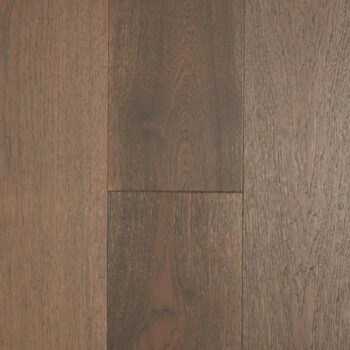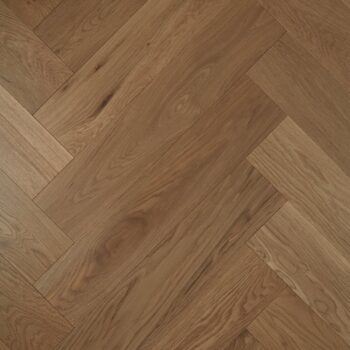What Is the Janka Rating?
The Janka rating is a way to measure how hard a timber is, specifically, how much force it takes to push a small steel ball halfway into the wood. The number you get is shown in kilonewtons (kN). A higher Janka score means a harder, more durable timber. Builders and floor installers use it to work out which timbers hold up better in busy areas.
Here’s a rough guide to how some timbers sit on the scale:
- Brazilian Walnut – around 16.0 kN
- Spotted Gum – roughly 11.0 kN
- Tasmanian Oak – about 5.5 kN
- Radiata Pine – close to 3.0 kN
Keep in mind: these values can vary depending on moisture content and grain direction.
It's One Part of the Decision
Hardness is useful to know, but it’s just one factor. Janka doesn’t tell you how a timber reacts to heat or humidity, how stable it is, or how easy it is to cut and install.
Some of the hardest woods can be difficult to work with. Others, even if softer, might be more stable or forgiving on-site.
At Greenhill Timbers, we look at the whole picture, not just the numbers. All our timbers are structurally graded and covered by a 25-year guarantee. We'll help you pick something that works for your project, not just on paper.




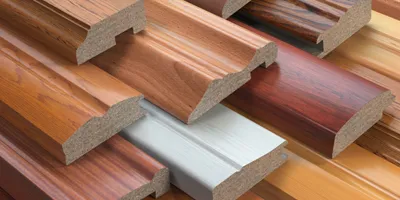








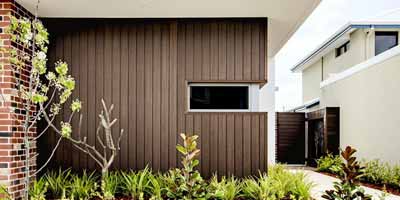


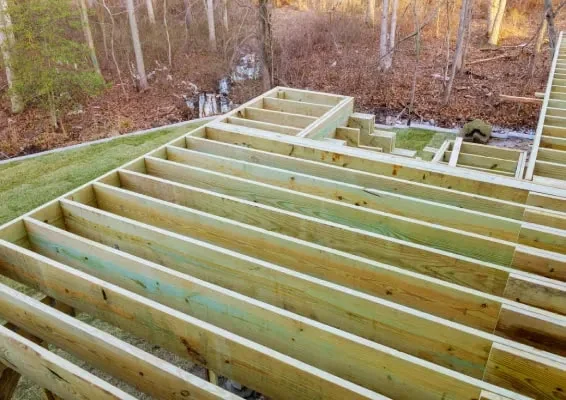
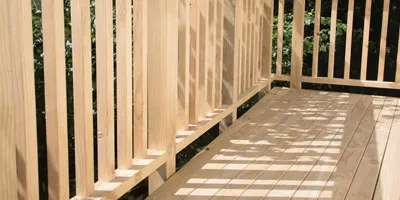


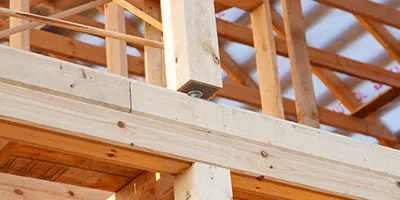
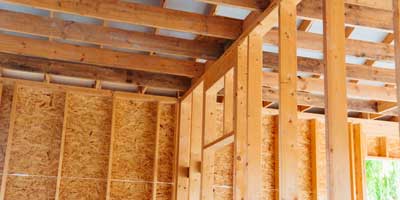

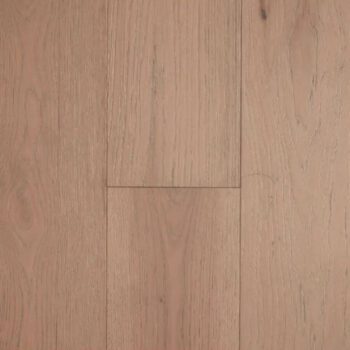

 03 9465 9875
03 9465 9875




